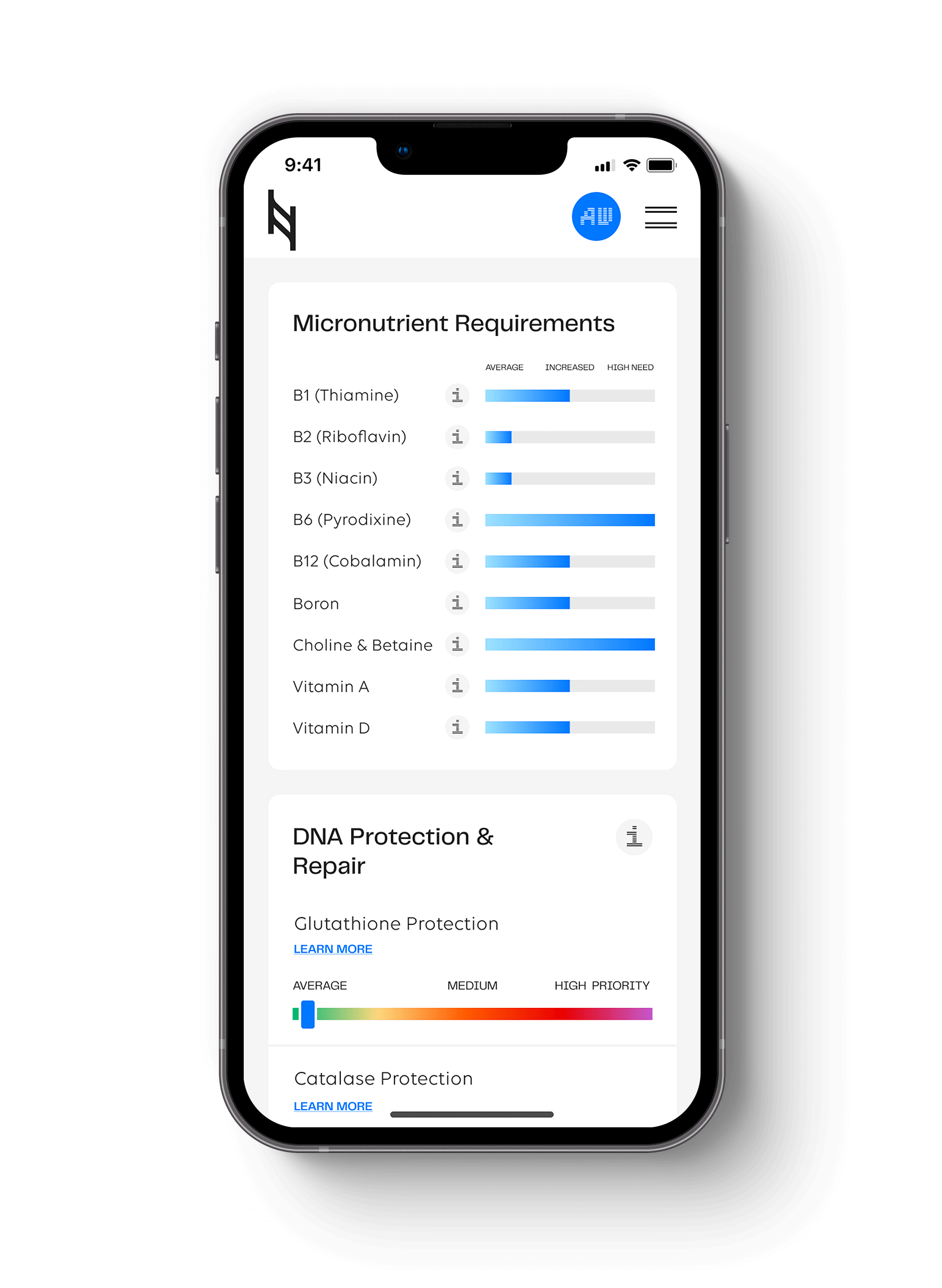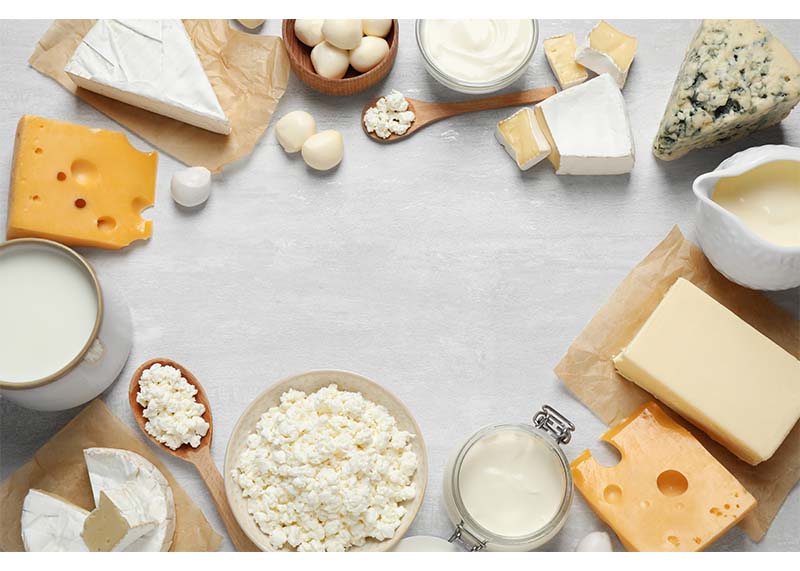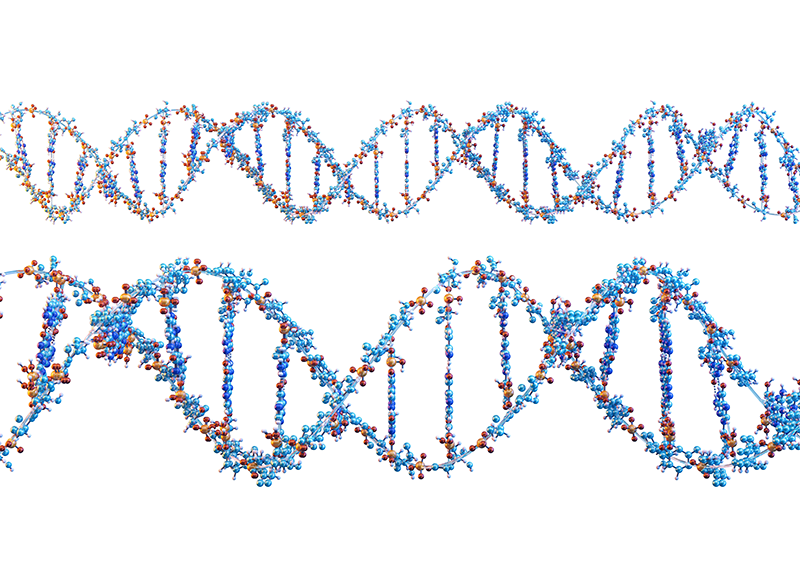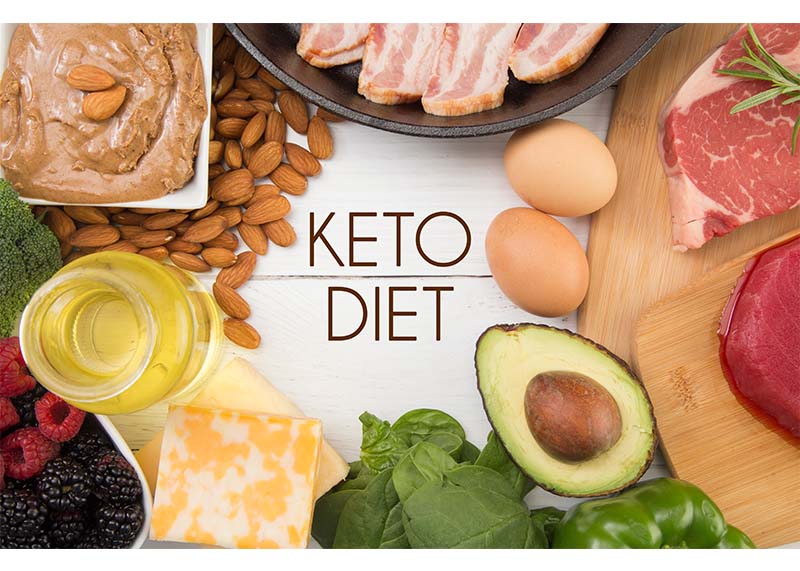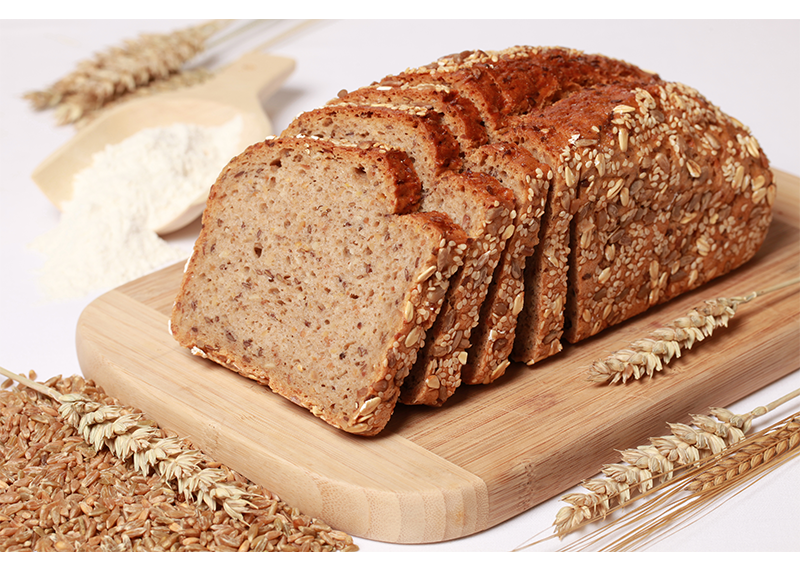Mental Health Awareness Month is observed in May to increase the awareness of those struggling with mental health. Each week this month, we will be exploring how to use the Nutrition Genome Report to help your patients with their mental health.
Lactose and Genetics
The arrival of farming in Europe around 8,500 years ago necessitated adaptation to new environments, pathogens, diets, and social organizations. One of the best examples of genetic and dietary changes is the lactase enzyme in northern Europeans, which only dates to the last 4,000 years.
Lactase persistence is the ability to digest lactose into glucose and galactose in adulthood. A change in the lactase enzyme was an advantage in northern climates. Low level sunlight and vitamin D was compensated by lactose promoting the absorption of calcium in milk, reducing the breakdown of vitamin D in the liver.
Approximately 68 percent of the world’s population is lactose intolerant. Lactose intolerance is found in those with ancestry closer to the equator and in Asia, while those in northern Europe are more likely to be lactose tolerant. However, even genetically lactose tolerant people can become intolerant later in life due to the reduction of the lactase enzyme that occurs with age.
Researchers are looking at whether people should be consuming milk as the lactase enzyme reduces in activity and if there is a difference in cognitive health when consuming milk versus fermented and aged dairy.
-
- One study found that milk intake was associated with a greater rate of cognitive decline over 20 years in the United States regardless of their APOE genotype. Those consuming more than one glass per day of skim or low-fat milk and those in the highest quartile of all dairy intake, including milk, experienced a faster rate of cognitive decline over the 20 years. Milk intake on cognitive decline was even faster among those participants genotyped as lactose intolerant. Those who drank more milk were more likely to be male, have more years of education, a higher intake of fruits and vegetables, a lower intake of meat and sugar, and more vigorous exercise.
- A study of 3,076 participants with an average of 65.5 years of age at the time of neurocognitive evaluation, milk consumption was associated negatively with verbal and working memory performance.
- A study of French women reported an association between cognitive decline with a higher intake of ice cream and a lower intake of omega-3 fatty acids, fiber, and vitamin B6.
- In a male population study, higher non-fermented dairy and total milk intakes were associated with worse Verbal Fluency Test performance after four years.
- In a Japanese study, seven dietary factors were associated with a preventive effect against the risks of dementia greater than 20% in magnitude. These protective factors were soybeans and soybean products, green vegetables, other vegetables, algae, and milk and dairy products. Interestingly, a high rice intake was associated with a 20% higher risk of dementia, but dairy intake was not in a population where a high percentage is lactose intolerant.
- A 2018 meta-analysis looking at 7 cohort studies and 1 RCT study found inconclusive evidence that milk consumption increases the risk of cognitive decline with a call for higher quality studies. A more precise understanding of the differences between saturated fat intake from regular and low-fat dairy intake is needed, and more studies isolating milk intake from fermented dairy intake.
The Difference with Fermentation
The majority of these studies are in contrast to epidemiological and clinical studies that have concluded that fermented dairy products can help prevent cognitive decline. In aged dairy such as cheese, lactose is a fermentation substrate that is undetectable in the final product.
-
- In a study looking at aged cheese, weekly cheese intake over six years was associated with better fluid intelligence performance for APOE-e4 carriers for those living in the UK.
- One randomized, double-blind, and controlled trial, including 60 patients with Alzheimer’s disease, assessed the effects of supplementation of fermented milk with a mixture of probiotics for 12 weeks on cognitive performance and showed a significant improvement compared to the control group supplemented with milk.
- In a Dutch population, higher skimmed dairy, fermented dairy, and buttermilk consumption were associated with better executive functioning. A 30-gram increase in Dutch cheese intake was associated with a 33% lower probability of poor information processing speed.
- In a Finnish population study, researchers found a worse verbal fluency from milk intake, but a higher cheese intake was found to lower incident dementia.
- An animal study found that Camembert cheese protected against Alzheimer’s disease due to a unique compound called oleamide. Oleamide is hypothesized to regulate inflammation and microglia to a phenotype preferable for maintaining a healthy brain environment. Camembert also has one of the highest levels of vitamin K2 mk-7
Summary
One hypothesis is that lactose from milk is linked to inflammation for those with reduced or non-existent lactase activity; however, the mechanism is unclear. Those who have the LCT genotype for lactose intolerance or have reduced lactase activity with age may have the highest inflammation from a higher milk intake in specific populations.
Aged dairy, free of lactose, includes beneficial probiotic strains, bioactive peptides, vitamin K2 and other compounds associated with improved cognitive function.
For those who are sensitive to a higher saturated fat intake from dairy like those with APOE-e4, the homozygous genotype in APOA2 or variants in PPAR-alpha, research leans towards avoiding milk and ice cream. Aged cheese and yogurt in small to moderate amounts can be consumed if desired or tolerated.
Hit your health goals faster
We'll help you remove the guesswork
Experience the most advanced nutrigenomic test available, covering 100 clinically relevant genes for a "whole body" analysis. Take control of your health today.
$359
